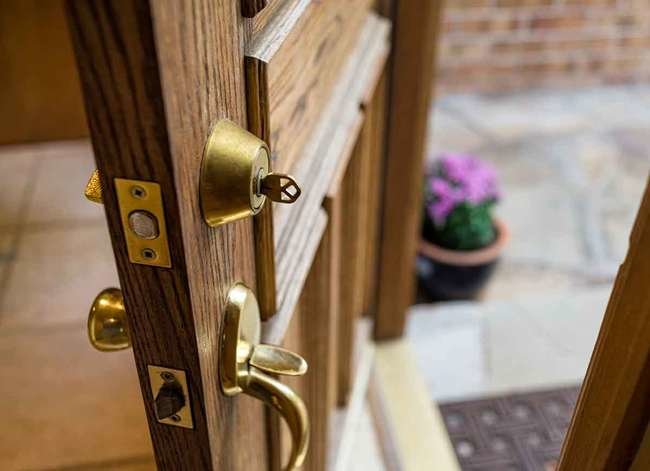

We may earn revenue from the products available on this page and participate in affiliate programs. Learn More ›
Home Advice You Can Trust
Tips, tricks & ideas for a better home and yard, delivered to your inbox daily.
Locate and Label Your Breaker Box
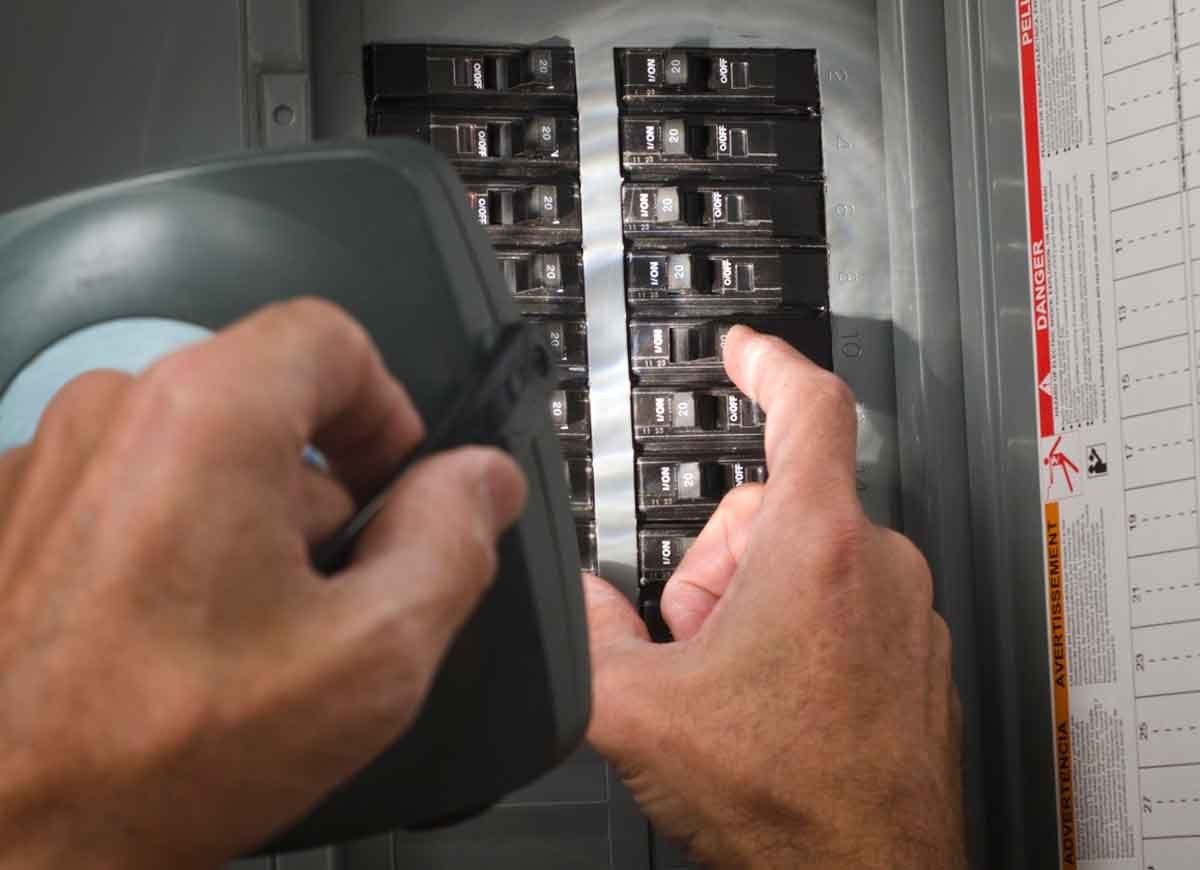
Don’t get caught in the dark during a power outage! Soon after moving in, homeowners should locate their circuit breaker panel and label each switch, if this hasn’t already been done.
Check Smoke Detectors
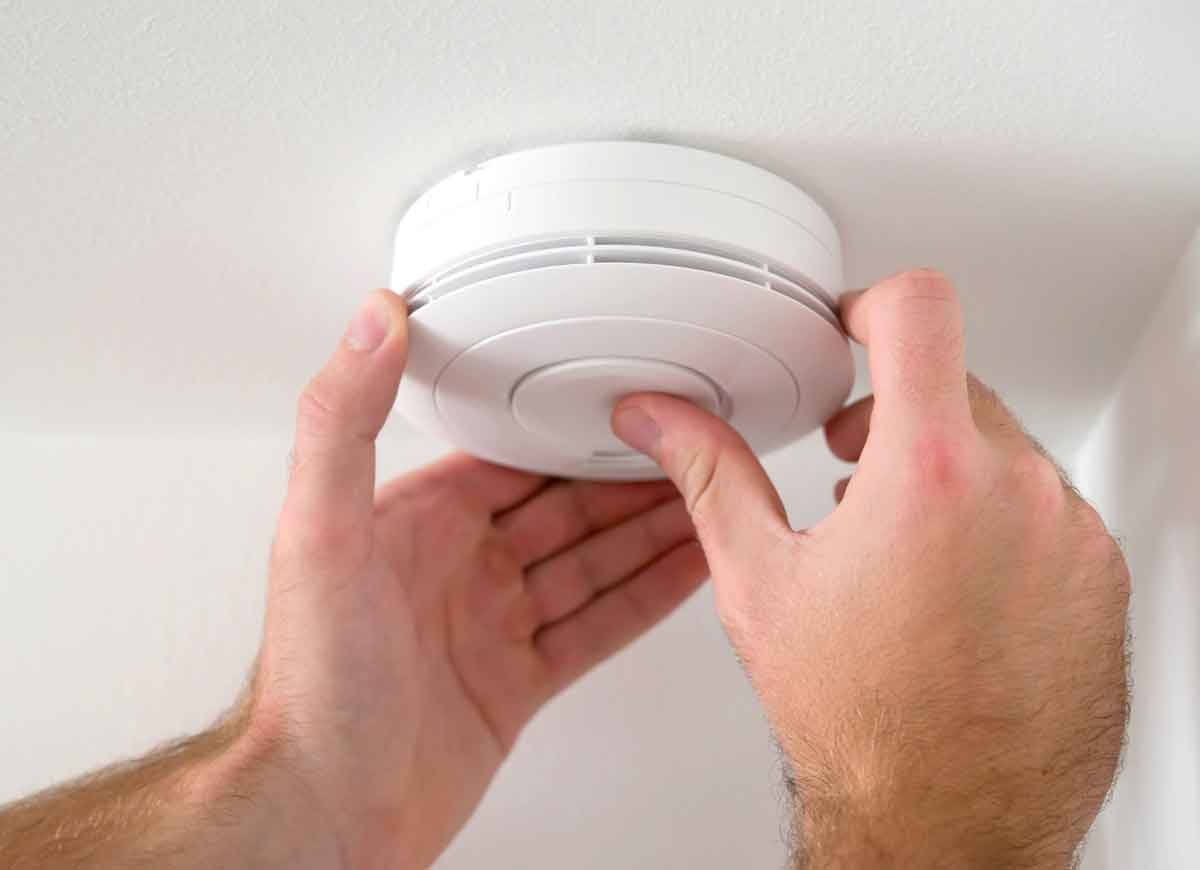
Don’t assume your smoke detectors and carbon monoxide detectors have plenty of battery life. Clean and test these crucial safety components as soon as possible, and replace any defunct alarms with brand-new ones.
Change the Locks
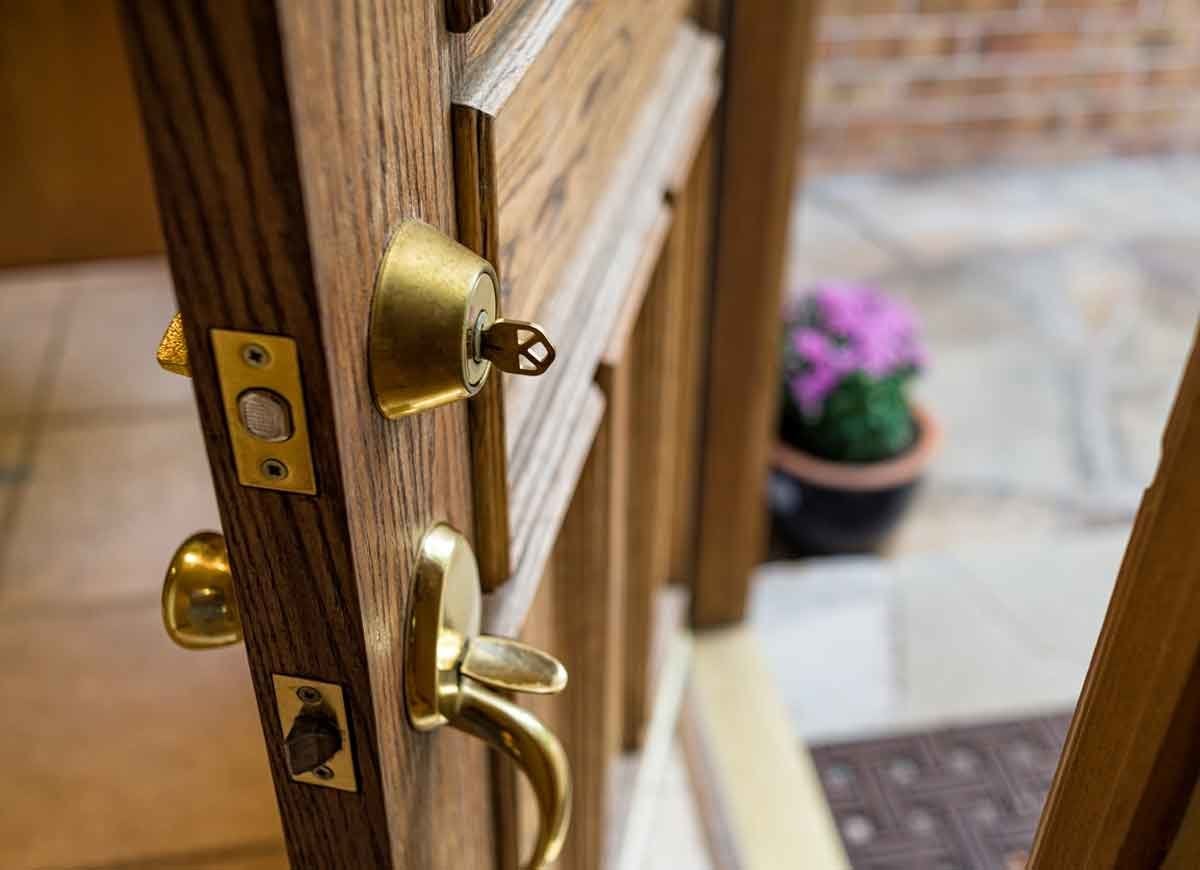
There’s no telling who already has a key to your newly acquired home. Remember, the previous owners may have given spare copies to an assortment of friends and relatives. Stay safe by having all locks rekeyed after moving in, or take the opportunity to replace the hardware altogether.
Update Your Address
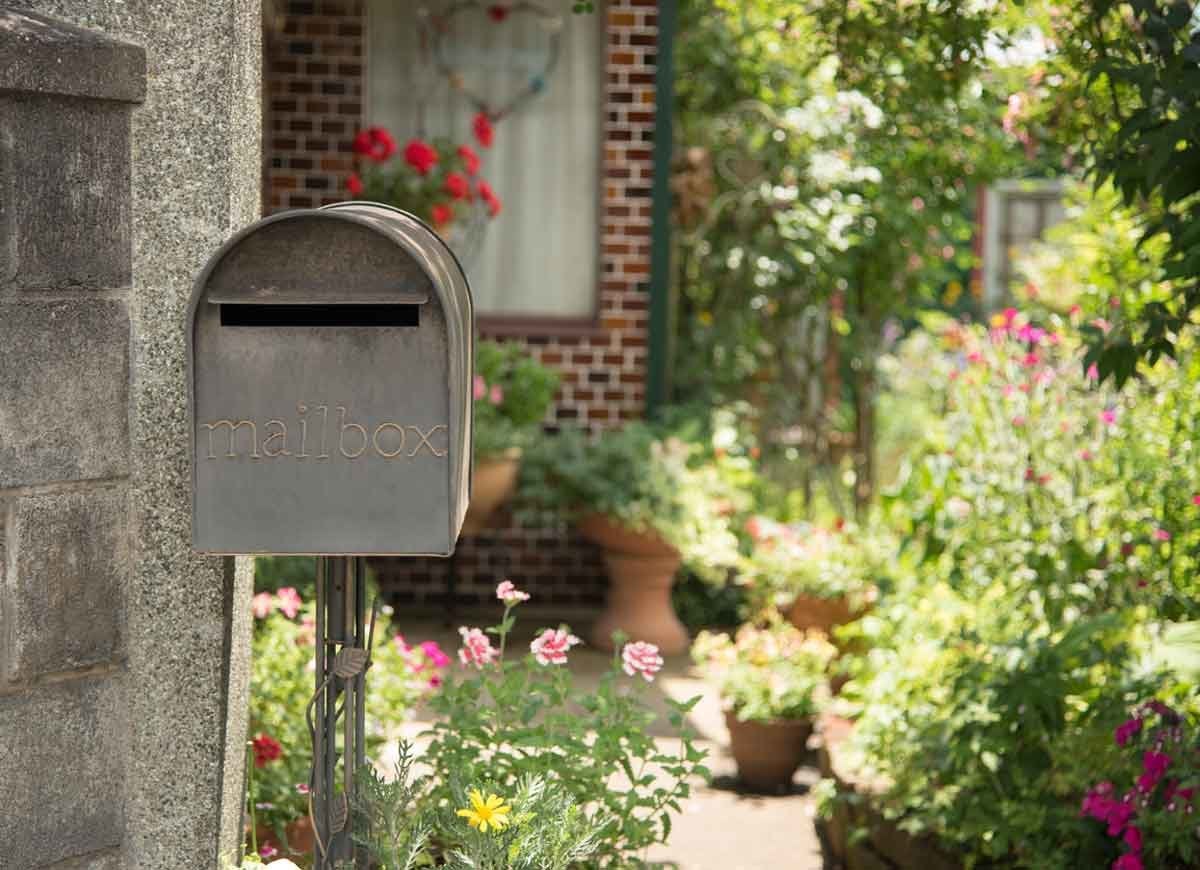
If you didn’t take care of this before you packed up, change your address with the United States Postal Service to ensure that your mail makes it to your new home. Also alert your bank, cellphone provider, and other service companies about your new mailing address; otherwise, you might not receive your monthly bills.
Do a Deep Clean
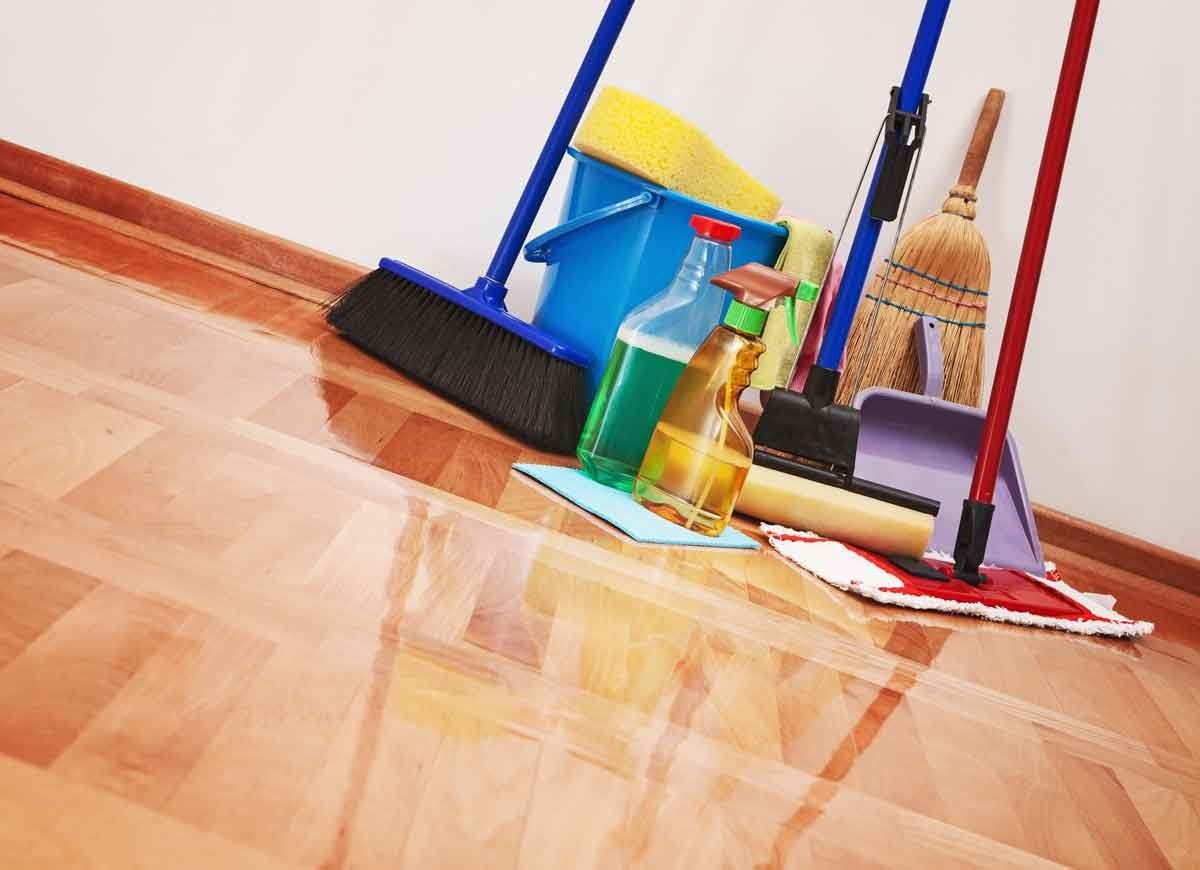
It might be tempting to start unpacking ASAP, but homeowners should deep clean the property before unloading boxes. Sweep and mop the floors, wipe down counters and cabinet shelves, and sterilize the bathroom from top to bottom.
Make a Homeowner’s Manual
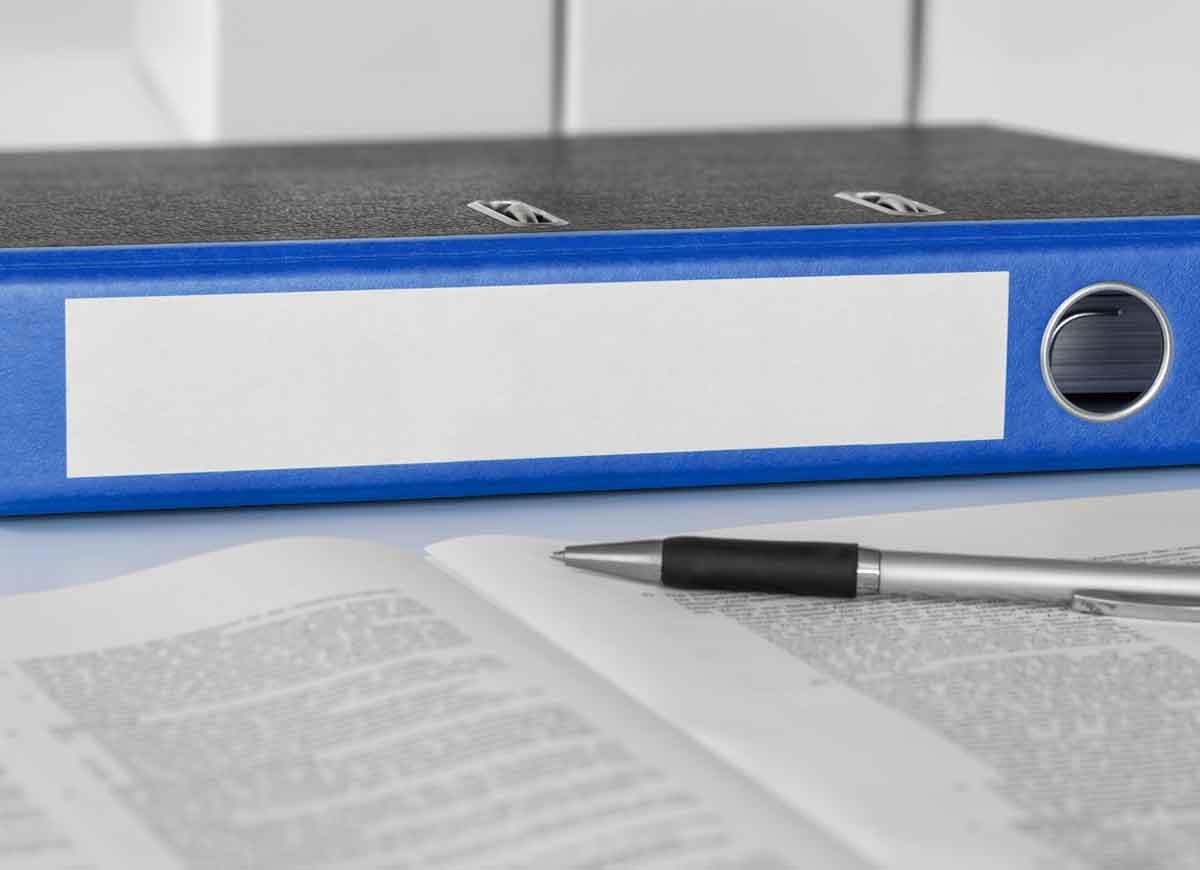
When you move into a new home, you usually begin to accumulate lots of important paperwork, such as contractor repair records and warranties for appliances. Start a binder to compile all this information in one handy place.
Inspect the Property

Though you probably had the house inspected during negotiations, consider conducting your own inspection before furnishing the living space. You might discover hidden mold, crumbling caulk, sticky doors, or wobbly deck planks—all of which can be fixed through DIY repairs.
Have Your Utilities Connected
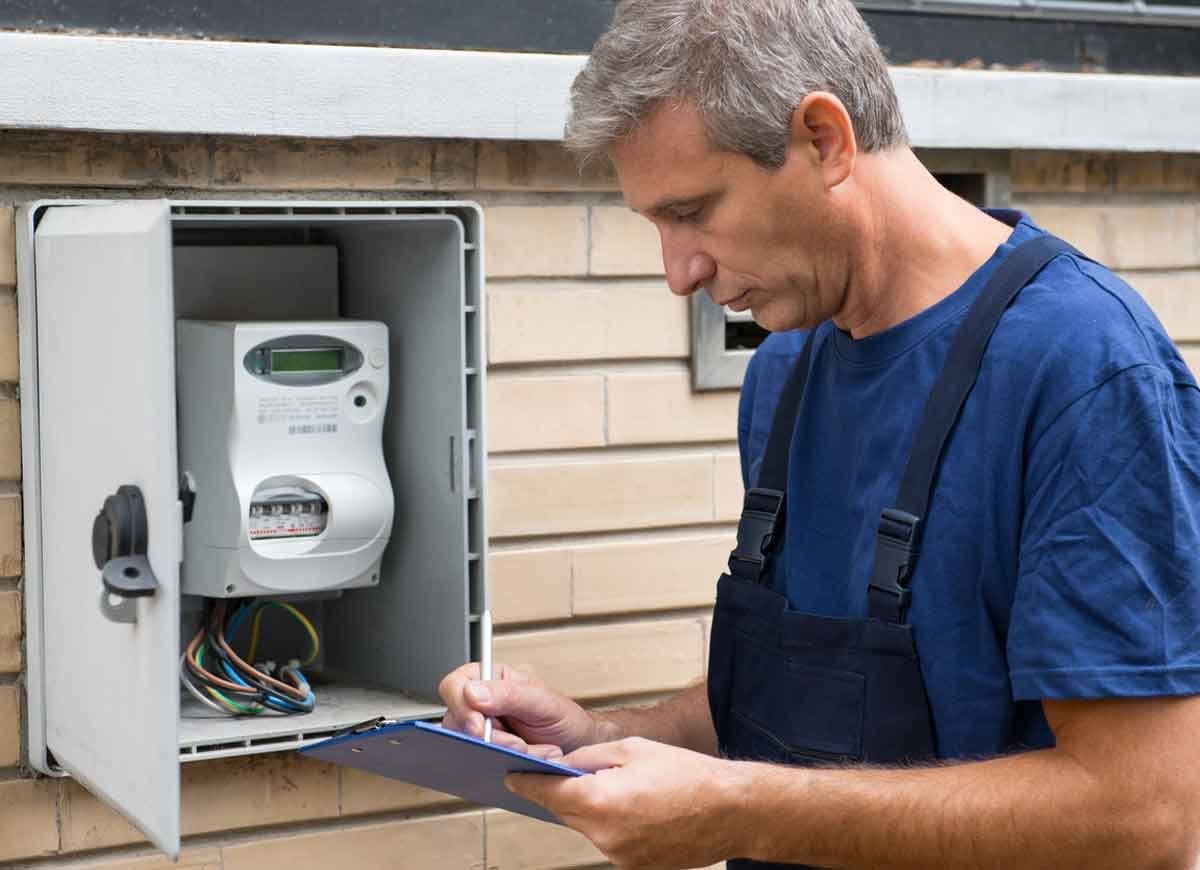
Of course, every new homeowner needs to set up basic utilities—electricity, natural gas, and water—plus any applicable extras like cable, internet, trash collection, and lawn care. It’s best to contact the necessary utility companies two weeks before you move into your new home to ensure that you don’t experience a gap in service.
Replace Air Filters
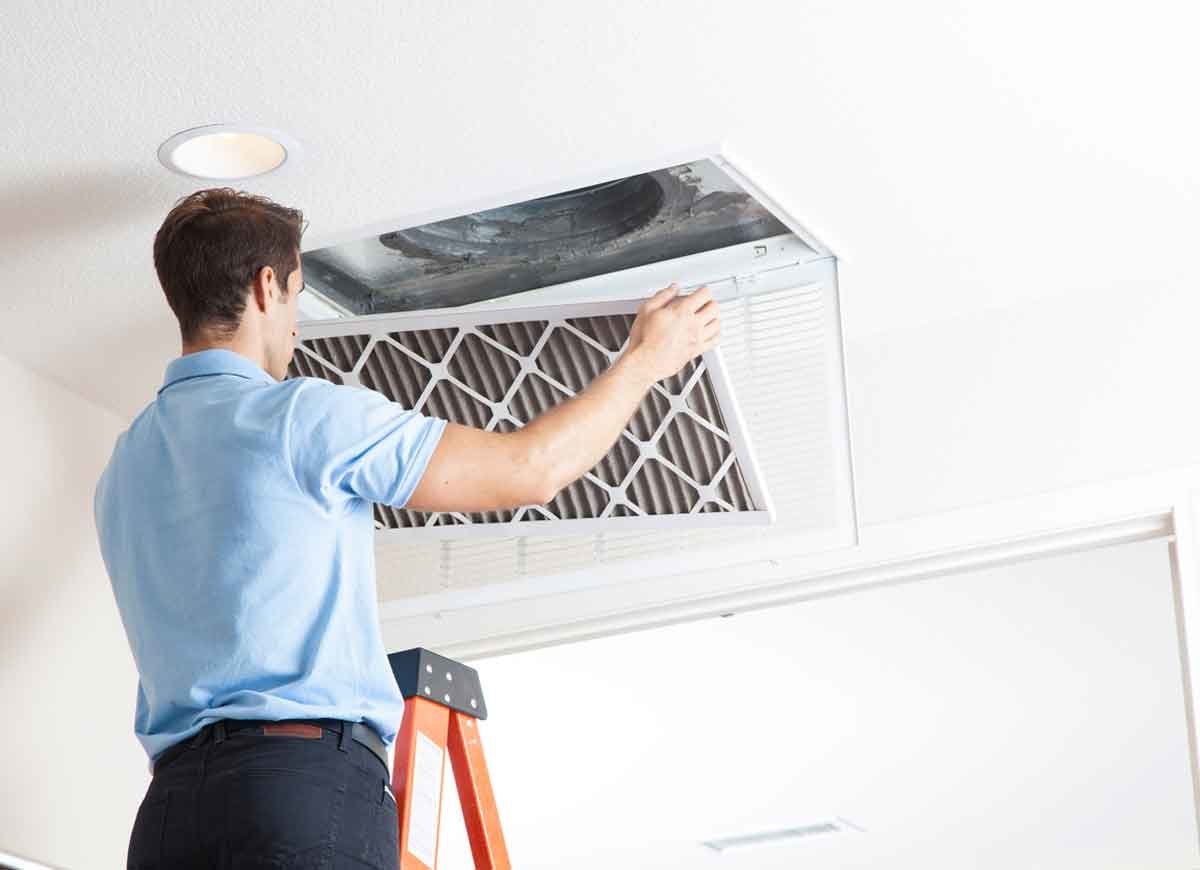
Ideally, homeowners should replace air filters four times per year—so there’s a good chance the filters in your new home are ripe for a change. Replace them when you move in, and you’ll breathe more easily in your new place.
Prepare for Emergencies
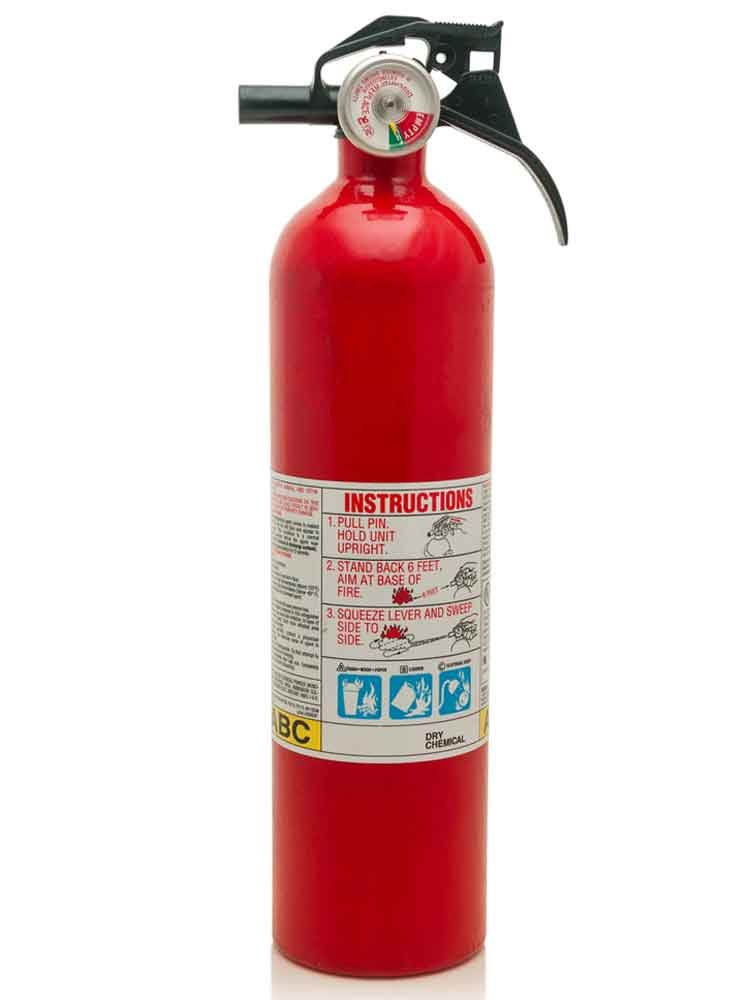
You should have at least one fire extinguisher on every level of the house, so pick up a few right after you move into your new place. As another safety measure, you should draft a fire escape plan for your family in case of emergency.
Meet the Neighbors

It’s easy to get caught up in the stress of moving day, but if you see any of your new neighbors out and about, say hello. Not only will this make a great first impression, it will also give you the opportunity to ask about the area.
Turning A House Into A Home

A little short term planning can make a big difference in your long term happiness.

The Homeowner Survival Kit
This year’s Bob Vila Approved is a hand-picked curation of tested, vetted, must-have essentials for surviving homeownership today.